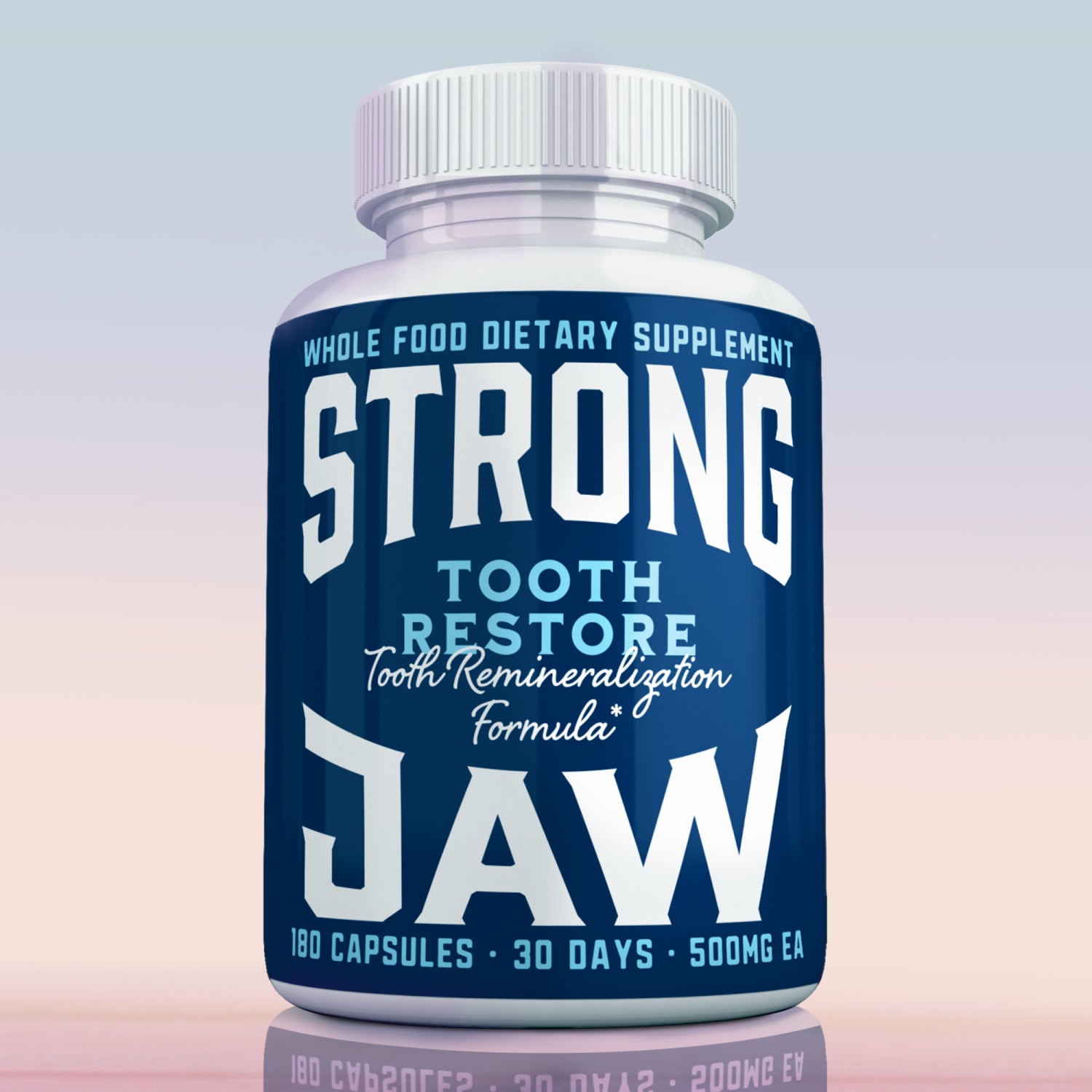The Problems with Current Research on LDL's Correlation with Cardiovascular Disease
Introduction
Welcome to another installment of our ongoing health series. Today, we’re diving deep into the labyrinthine world of LDL cholesterol and its alleged correlation with cardiovascular disease. This is a topic that has been misunderstood, misinterpreted, and overly simplified, much like our earlier discussions about the health implications of sun exposure. With a plethora of research studies on LDL cholesterol and heart disease, it's crucial to examine this data critically and in context. So let's get started.
The Mainstream View on LDL and Cardiovascular Disease
What is LDL?
LDL stands for Low-Density Lipoprotein. It’s often dubbed the "bad" cholesterol, as it is commonly implicated in the plaque buildup within arteries, potentially leading to cardiovascular issues. The mainstream narrative suggests a clear-cut correlation between elevated LDL levels and an increased risk of heart disease.
The Existing Research
Over the years, numerous studies have been conducted that purportedly show a direct relationship between rising levels of LDL and the incidence of cardiovascular disease. These studies often use statistical methods like regression analyses and delve into clinical trials involving cholesterol-lowering statins.
| Method | Key Takeaways |
|---|---|
| Regression Analyses | Often show a statistical correlation between higher LDL and cardiovascular events |
| Statin Trials | Indicate that lowering LDL through medication can reduce risk of heart disease |
The Flaw in the Mainstream Argument
LDL is Essential for Life
One of the overlooked aspects of LDL cholesterol is its essential role in our physiology. LDL is crucial for cell membrane synthesis, hormone production, and numerous other vital functions. It raises a fundamental question: why would a molecule crucial for human life also be our downfall?
Lack of Context in Studies
Many studies on LDL and cardiovascular disease do not consider other health factors, particularly metabolic health and insulin resistance. This tunnel vision creates a distorted view. Simply put, looking at LDL levels without accounting for an individual’s overall metabolic health can be misleading.
The 'Dose Makes the Poison' Counter-Argument
Some people counter this by stating that "the dose makes the poison," suggesting that only high levels of LDL pose a risk. However, even this doesn't stand up to scrutiny. The issue isn't about the "dose" of LDL; it's about understanding LDL in the right biological context.
The Context Matters: A Deeper Dive
Research that Considers Metabolic Health
There are, indeed, studies that have considered metabolic health as a variable in the LDL-heart disease equation. These studies generally demonstrate that for metabolically healthy individuals, the correlation between LDL and cardiovascular disease isn't as straightforward.
A Personal Perspective: My Physiological Readings
I'm a living example of how context matters. My LDL levels are around 220 milligrams per deciliter, with a particle count of 1800 nanomole per liter. Despite what would be considered "elevated" LDL levels, my fasting insulin is three or less, indicating excellent insulin sensitivity.
| Physiological Measure | My Readings |
|---|---|
| LDL Level | 220 mg/dL |
| Particle Count | 1800 nmol/L |
| Fasting Insulin | ≤3 |
Divergence in Patterns
The patterns we observe in LDL and heart disease risks are different when we compare metabolically healthy and metabolically unhealthy individuals. In metabolically healthy individuals like myself, the rising levels of LDL do not show the same correlation with heart disease that we see in the average American who may be insulin resistant.
Parallels with Other Health Topics
Interestingly, this flawed approach to interpreting scientific studies isn’t unique to LDL. The topic of sun exposure serves as another excellent example. Just as with LDL, many people believe that more sun exposure directly correlates with an increased risk of skin cancer. However, upon closer examination, this turns out to be an oversimplification.
Summary
The current narrative surrounding LDL cholesterol and its role in cardiovascular disease lacks nuance. It's essential to consider the metabolic health and other factors when evaluating the risk. We must move beyond simplistic correlations and look at the broader context to gain a fuller understanding of how LDL impacts cardiovascular health.
Conclusion
It's high time we start questioning the mainstream narrative on topics that affect our health and well-being, including LDL and cardiovascular disease. I urge you to look at health topics with a critical eye, always considering the context in which data is presented. Stay tuned for more in-depth articles that challenge conventional health wisdom.
Thank you for taking the time to read this detailed discussion. Until next time, stay healthy and informed!

